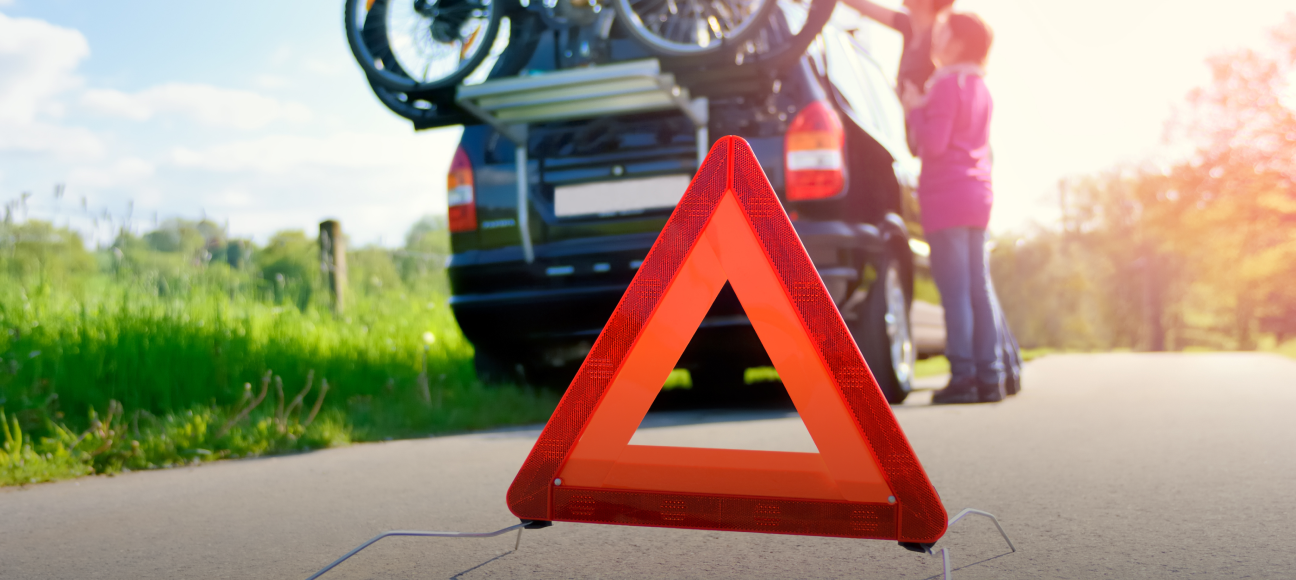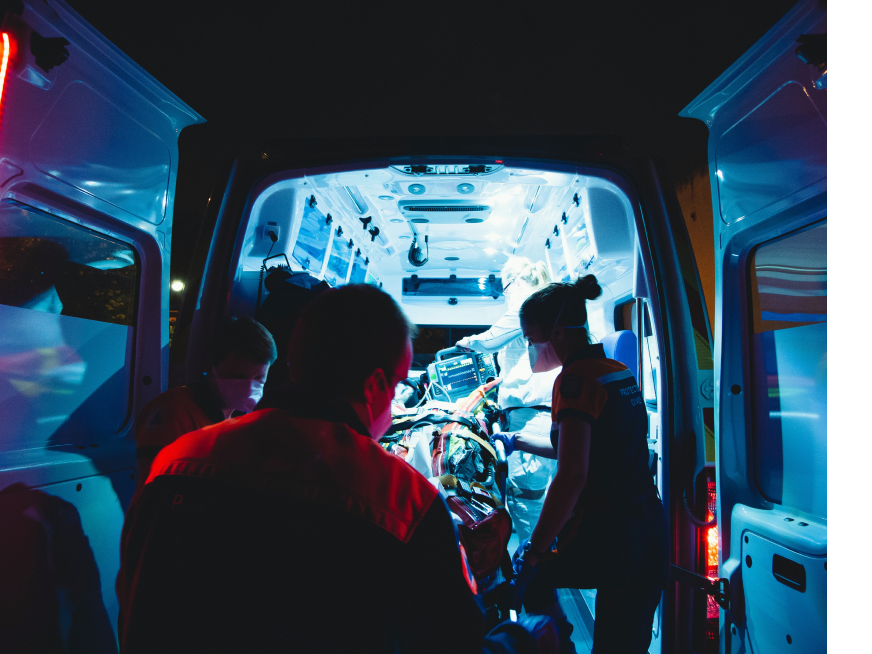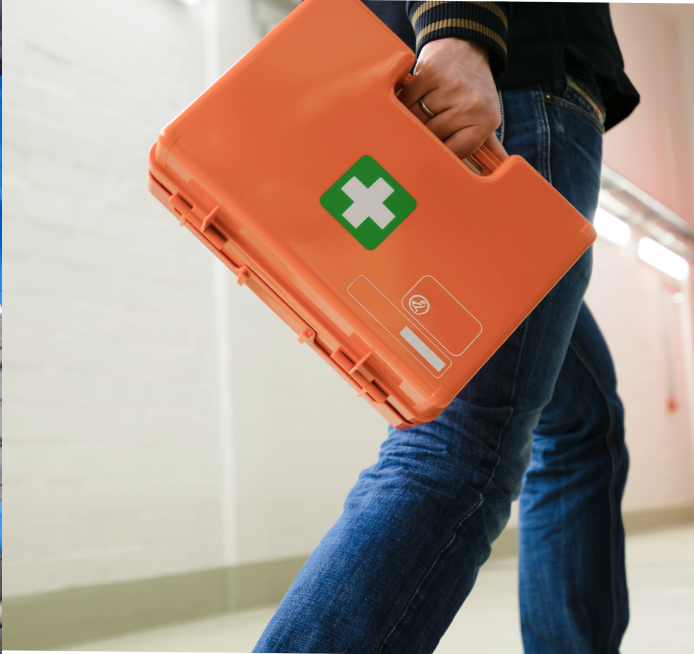
Trouble can occur even on the most thoughtfully planned-out vacation. But in the same way you create emergency plans at home, leave the house with a baseline plan in case you or a family member has a medical event requiring quick action and professional help.
Know what to do in an emergency situation when you’re in an unfamiliar location away from home and need care quickly. If traveling in an RV, there will be some added steps included to ensure your rig is safe and you have a plan to retrieve it once the immediate situation is addressed.
An ounce of prevention is worth a pound of cure, and for travelers, that means preparing for the unexpected before you leave the house.
A first-aid kit and a roadside emergency kit are the two most practical, independent emergency response tools you can bring with you on an RV vacation. These are the bare minimum for addressing a medical emergency while you wait for professionals to arrive.
Things happen quickly during a medical emergency. You don’t have time to search Rubbermaid totes or RV storage spaces for insurance policy information and other important documents. Designate a spot so you can quickly access documents.
What documents should you be traveling with?
Travel insurance, roadside assistance plans, and programs like Good Sam’s TravelAssist each offer unique protections for travelers. They act as safety nets when you’re more vulnerable while traveling.
The key is to know where and how you’re covered. Often, travelers believe they’re protected completely by their regular insurance. But when something goes wrong, they find out their plan is limited. Medical transportation, vehicle and RV return, flights home—these expenses go far beyond the actual cost of the emergency.
An emergency that occurs on vacation shouldn’t start any differently than at home: call 911 immediately. Just like any emergency response course will teach you, your first action should be for you or another to call professional help.
When traveling abroad, each country will have an equivalent emergency number to call for police, ambulance, or the fire department. Reference a list of international emergency numbers. But as a tip: memorize or save the emergency number of the primary country you’re visiting. You save time during an emergency.
Whenever you, your traveling companion, or your family member is in the care of doctors and nurses, call your insurance provider. Notify them of the situation so they can begin asking for the necessary details while they are still fresh in your mind. Taking this step will ensure a clearer process when filing a claim.
Consider saving some of your key policy information in your phone, like your policy number and any other details that will assist the person processing your emergency. It doesn’t hurt to have a list of what your policy covers.
Record any financial transactions that may occur during the process and keep all receipts. Again, having this documentation won’t always be necessary, but receipts can help you track expenses and can be important when filing a claim.


Good Sam TravelAssist provides assistance in the event of an emergency while traveling.1 TravelAssist packages are designed to reduce some of the costs associated with receiving care that health insurance often doesn’t cover. TravelAssist can provide benefits like:
When you purchase a Good Sam TravelAssist membership, you will be given member identification information to be used during an emergency. After calling 911, call the number provided and a TravelAssist team member can then assist with any details regarding your medical care and arrangements for returning your vehicle, your family, and yourself home when cleared by medical staff.
Learn more about enrollment in Good Sam TravelAssist and the many cost-saving benefits it provides members. You never know if and when you’ll face a medical emergency while traveling, but you can have peace of mind knowing you never travel without additional protection.
1Benefits described are intended as an overview, please refer to your Plan Description for details on coverage and benefits. TravelAssist does not provide coverage for medical expense, and does not take the place of medical or travel insurance. If you are planning to travel outside the U.S., contact a trusted travel advisor to learn more about acquiring travel insurance prior to your next trip.